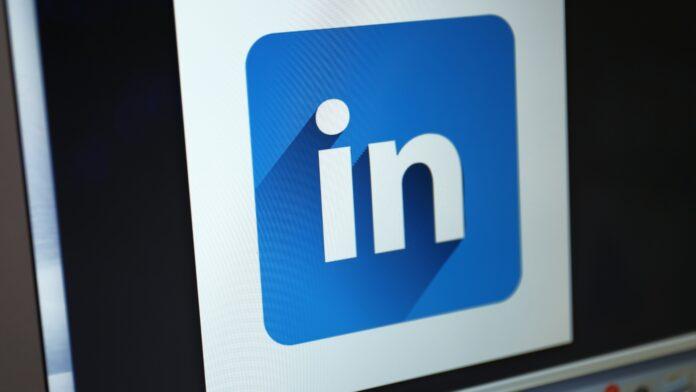If you’re one of LinkedIn’s half a billion members, you’re presumably a professional and probably career-minded. You recognise that hiring managers and their recruiters actively use LinkedIn to source talent and to validate candidates’ credentials.
Countless blogs offer advice about how to create a compelling LinkedIn profile. How to optimise your headline. How to infuse keywords into your summary. How to customise your URL… What hasn’t been given sufficient oxygen is the Skills section. Sure, you know you can include up to 50 skills on your profile but there’s more to it than just that.
If it’s been a while since you reviewed that section of your LinkedIn profile, take a few moments to give yourself a skills audit. When you do, watch out for these three mistakes:
Mistake #1 – Omitting relevant soft skills
Hard skills can be taught which makes them easy to quantify. We acquire hard skills when we gain a qualification, achieve proficiency in a foreign language, or master a computer program, for example.
But what about soft skills? What soft skills do you have that are directly relevant to your job or profession? If there are many, which are the most important?
The keyword here is ‘relevant’.
For example, curiosity was once deemed a “hardwired personality trait” but is now accepted as a something which can be developed. Indeed, business leaders widely consider curiosity to be one of the most desirable soft skills. Yet, just 20,280 LinkedIn members nominate Curiosity/Curious as a skill, representing 0.004% of the total LinkedIn population.
Perseverance is another in-demand soft skill. But again, only 13,449 LinkedIn members appear to be in possession of that skill (plus another 311 members who possibly have it but can’t spell it).
Remember, your integrity is on display here. If you claim to have a skill that you clearly don’t, you could be called out at a later date. That said, in reviewing your profile you’d be wise to think ahead and consider the skills that you need to develop in order to secure your next role.
Mistake #2 – Confusing personality traits with soft skills
What’s the difference between a trait and a soft skill? This one tricks a lot of people up.
Traits are fairly rigid. They’re the “features of your character that are either an existing aspect of your genetics or that have been developed through life experiences. These are the features that make up your personality and remain relatively constant throughout your lifetime”. Thanks Courses for Success for that useful definition.
Soft skills, on the other hand, are the people or interpersonal skills that determine how we interact with others. They’re subjective, which makes them difficult to identify and validate. However, soft skills can be learned and honed.
Sometimes the distinction is obvious. Some people are inherently cheerful. Or charming. Or extraverted. We all know people who are shy. Perhaps you know someone who is neurotic or flighty or pessimistic. All of these are personality traits which will remain relatively constant throughout a person’s lifetime.
Other times, the distinction is less clear because some traits can also be developed and refined. For example, many people become more confident and assertive as they age, master their profession, and progress in their careers.
As you conduct your skills audit, remove any traits that don’t belong.
Mistake #3 – Your skills are unprofessional
Remove any skills that make you appear unprofessional. That includes most personality traits (there may occasionally be an exception), hobbies that aren’t work-related, and anything antiquated, menial or universal. Here are some real-world examples.
- 200 LinkedIn members list Gregarious as a skill. That’s not even funny.
- 8,366 members are skilled at Juggling. They probably won’t be juggling job offers anytime soon.
- 34,546 members consider Awesomeness to be a skill. It’s not even a word.
- More than 1.5 million LinkedIn members are skilled at Email. Isn’t everyone?
- 9,700 LinkedIn members are skilled at Mail Sorting…
You’d be better served by not having a LinkedIn profile than by having one which under-sells you, presents you as unprofessional, or misrepresents you. A skills audit will take little investment but could pay big dividends.






